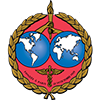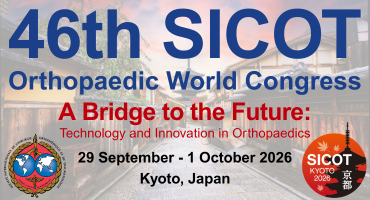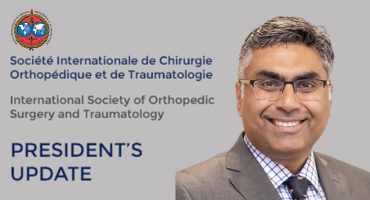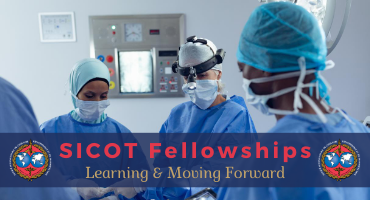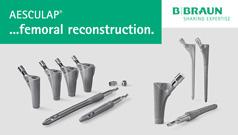
Training Around the World
Female Orthopaedic Training in Saudi Arabia
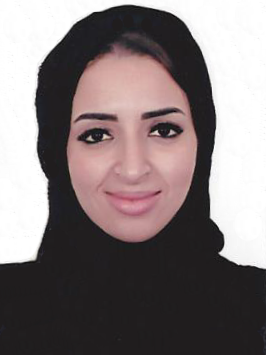 Sara Ghazi Qadi Sara Ghazi QadiJeddah, Kingdom of Saudi Arabia |
I am delighted to have this opportunity to write about my experience as a female trainee in an orthopaedic surgery programme.
Orthopaedic training in the Kingdom of Saudi Arabia (KSA) is a five-year programme divided into three years as a junior resident and two years as a senior resident. In the first year, we go through other specialties such as plastic and general surgery as well as ICU for 3 months each. After that, we spend the rest of our training rotating in different subspecialties of orthopaedic surgery.
The advantages of our programme is that we are able to practise in different centres and have the opportunity to work with many experts, thus providing us with good exposures in almost all subspecialties of orthopaedics such as trauma, spine, arthroplasty, paediatrics, oncology and sports.
As junior residents, we are the front line in emergency rooms and wards. We work as assistants in operating rooms and improve our skills performing surgeries under supervision.
Residents’ promotion from year to year depends on the evaluation after each rotation and passing both the written and clinical examinations at the end of the year. We have two major examinations in addition to the yearly examination, one in the second or third year for promotion to senior level and another one at the end of our training.
We have four regions in the KSA and each region has its own centres and residents, all under the supervision of the Saudi Commission for Health Specialties. In my region (Makkah al Mukarama), we have 12 certified centres for training between public and private hospitals, where from 79 residents, 15 of them are female!
As a female resident in my last year of training, I am very happy to have chosen orthopaedic surgery as a specialty and I have never regretted it even during the difficult days. This is simply because I loved and still love what we do for our patients and seeing how much what we do improves their functionality in life. For sure, sometimes it can become very difficult to balance between my heavy workload and being a mother, having to fulfil my family’s needs. But at the end, with God’s help and my family support, I can do it.
In the last 5 years, the number of females in orthopaedic surgery increased to 35 in the KSA, 3 of which are consultants and the remaining are specialists and residents.
In the beginning, we did have some difficulties to be accepted by our colleagues and consultants as they expected that we wouldn't be able to tolerate the work and be as good in orthopaedics as our male counterpart. Fortunately, this perception is gradually changing and we have proved ourselves in the field. As they have found no difference between male and female surgeons in their work performance.
Finally, I would like to quote my colleague, Dr Amnah Baljoun, who once said: "As a female resident in my first year, I feel that I am always under the spotlight and I have to be extra good and extra prepared".
